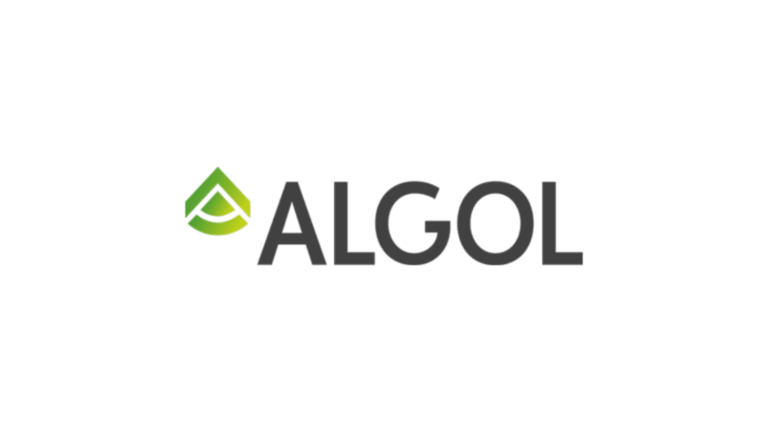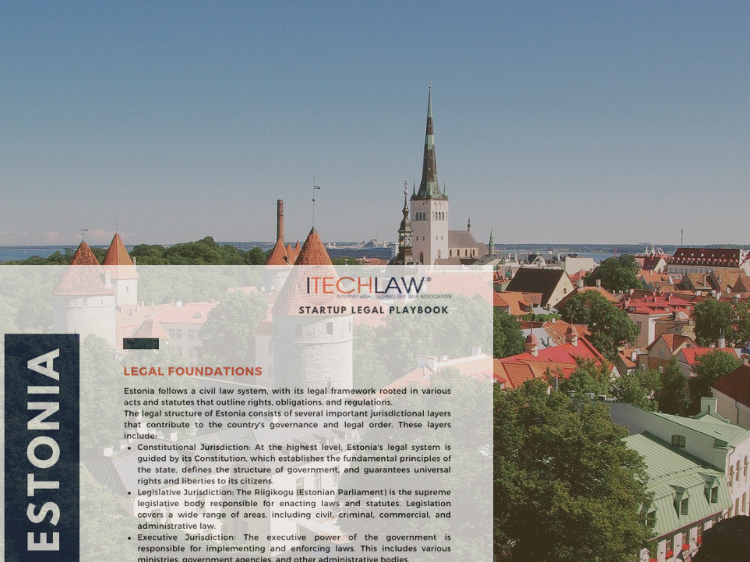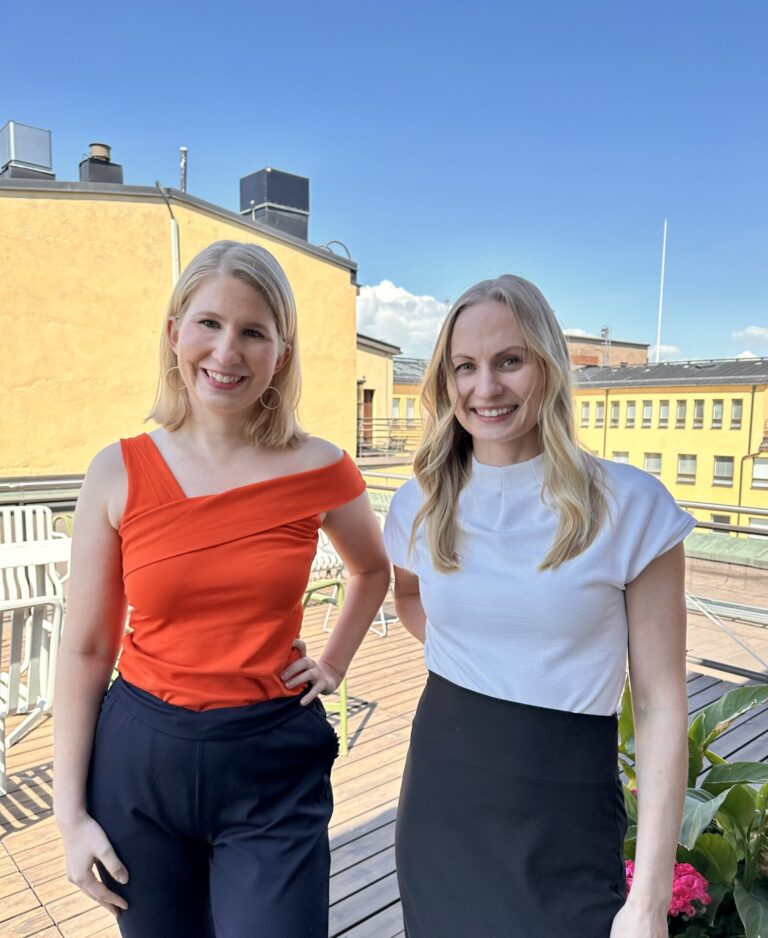
Background
In recent years, foreign direct investments (FDI) and FDI compliance have become the subject of lengthy debate. Consequently, this has become a crucial consideration for investors investing in critical technologies and infrastructure within the European Union (“EU”). The number of EU member states without an FDI screening mechanism has been decreasing rapidly. Sweden is one of few countries still lacking a regulation which allows the government to scrutinize future FDI for potential impacts on security-sensitive activities. Following our previous article on The Swedish response to Foreign Direct Investments (“FDI”), the special investigator appointed by the Swedish government has, as of November 1, 2021, presented the final report and a proposal for implementing a national system for FDI screening in Sweden.
Summary:
- The screening mechanism is proposed to apply to all investments in businesses that carry out “protected activities”.
- A threshold for investments where the investor after the acquisition will be in control of 10 percent or more of the total number of votes in the company related to investments in limited companies and economic associations is proposed.
- Notification to a “screening authority” must be made before the investment is carried out.
- The screening authority will assess each case based on the target company’s deemed protection value and circumstances related to the potential investor.
- The screening authority will have the right to either approve the transaction in full or subject to conditions, issue an injunction or decide that the transaction cannot be carried out. A breach of the proposed law would result in a penalty fine, ranging from SEK 25,000 to SEK 50 million.
The scope of the legislation
According to the proposal, the Swedish FDI screening mechanism will be exercised by an authority and cover investments that pose risks to Sweden’s security, its national competence, and investments that could threaten public order or safety in Sweden. The screening mechanism is proposed to apply to all investments in companies that carry out “protected activities,” regardless of their legal form (i.e., limited liability companies, partnerships, unincorporated partnerships, sole trader undertakings, economic associations, and foundations and trusts, domiciled in Sweden.).
The following “protected activities” are proposed to be covered by the Swedish FDI screening mechanism:
- Essential services.
- Security-sensitive activities.
- Activities that prospect for, extract, enrich or sell raw materials critical to the EU or other metals and minerals vital to Sweden.
- Activities whose principal purpose is the processing of sensitive personal data or location data.
- Activities that are related to emerging technologies and other strategic protected technologies.
- Activities that manufacture, develop, conduct research into or supply dual-use products or supply technical assistance for such products.
- Activities that manufacture, develop, conduct research into, supply military equipment, or supply technical support for military equipment.
Criteria for review
The Inspectorate of Strategic Products (“ISP”) has been proposed as the screening authority. As outlined in the proposal, the ISP’s examination will need to assess each case based on the target Swedish company’s deemed protection value and circumstances related to the potential investor that may be significant for how the risks of the investment should be assessed. According to the proposal, in its assessment, the screening authority must consider:
- Whether the investor is directly or indirectly, in whole or in part, controlled by the government of another country through its ownership structure or substantial financing or in some other way.
- If the investor has previously been involved in activities that have or could have adversely affected Sweden’s security or public order or security in Sweden.
- Other circumstances surrounding the investor that could pose a risk to Sweden’s security or public order or security in Sweden.
Both investments from third countries and those made by investors from other EU Member States are proposed to be subject to screening. However, it is important to note that even investments made by investors from Sweden may also be subject to review. In the case of natural persons that only have Swedish citizenship and legal entities which are ultimately owned or controlled by a natural person with (only) Swedish citizenship, should be approved without further action.
As a rule, it has been proposed that the target Swedish company (subject to the investment) is obligated to inform the potential investor that the company carries out protected activities and that the legislation applies to its operations. The investor is then required to notify the screening authority on a pre-authorization basis. In the case of investments in limited companies and economic associations, the threshold for the duty to notify is where the investor after the acquisition will be in control of 10 percent or more of the total number of votes in the company.
Review, outcomes, and enforcement
The proposed screening mechanism is to be conducted in a two-stage procedure. In the first stage, within 25 working days, from the submission of a complete notification, the screening authority may decide whether to allow the transaction to proceed (i.e., take no further action) or initiate an examination of the investment. If a decision to examine the investment is made, the screening authority must make a final decision within three months. Where there are exceptional grounds, this deadline may be extended up to six months.
During the review, the authority may request the parties to provide additional information about, but not limited to, the activities of the company, its management, and de facto control of the company, circumstances relating to the investor, the size of the investment, circumstances related to potential resale, etc. An acquisition may not be finalized without prior consent from the ISP. However, only if considered necessary to protect Swedish security interests, can the ISP block the investment.
Failure to comply with the proposed legislation will not be criminalized. Instead, it is proposed that the ISP may issue an administrative fine. The administrative fine can also be imposed if the investor or the target Swedish company does not provide the ISP with the information requested or provides false information. The proposed administrative fine will be set at no less than SEK 25,000 and no more than SEK 50 million.
Comments
The increasing wave of FDI screening mechanisms and compliance requirements will most likely impact future M&A transactions and cross-border M&A in particular. Potential investors in cross-border deals may have to factor in multiple jurisdictions likely to apply various foreign investment control mechanisms and regulations. A cross-border deal will entail higher costs for the investors concerned to meet FDI filing requirements and affect the overall timetable of M&A transactions and be dependent, on a case-by-case basis, on the processing of the relevant screening authority. In Sweden, the proposed FDI screening regime will entail the need for dealmakers to seek prior authorization from the screening authority during the due diligence process and to list the pre-authorization as a condition precedent to the completion of the contractual obligations.
The implementing of a national system for FDI screening in Sweden is proposed to enter into force on January 1, 2023, but shall not apply to investments completed before February 1, 2023. However, given that the proposal requires changes to Swedish law, there remain several steps, including possible scrutiny by the Council on Legislation before it is brought before the Swedish Parliament for a vote. Given the focus on FDI at a time when economies and investments are still recovering post-Covid-19, further tweaks and clarifications cannot be ruled out.
Contact

Jonas Bergquist
Partner
Corporate and M&A, Energy, Real estate
Send me an email +46 8 463 75 00 +46 76 822 75 01









